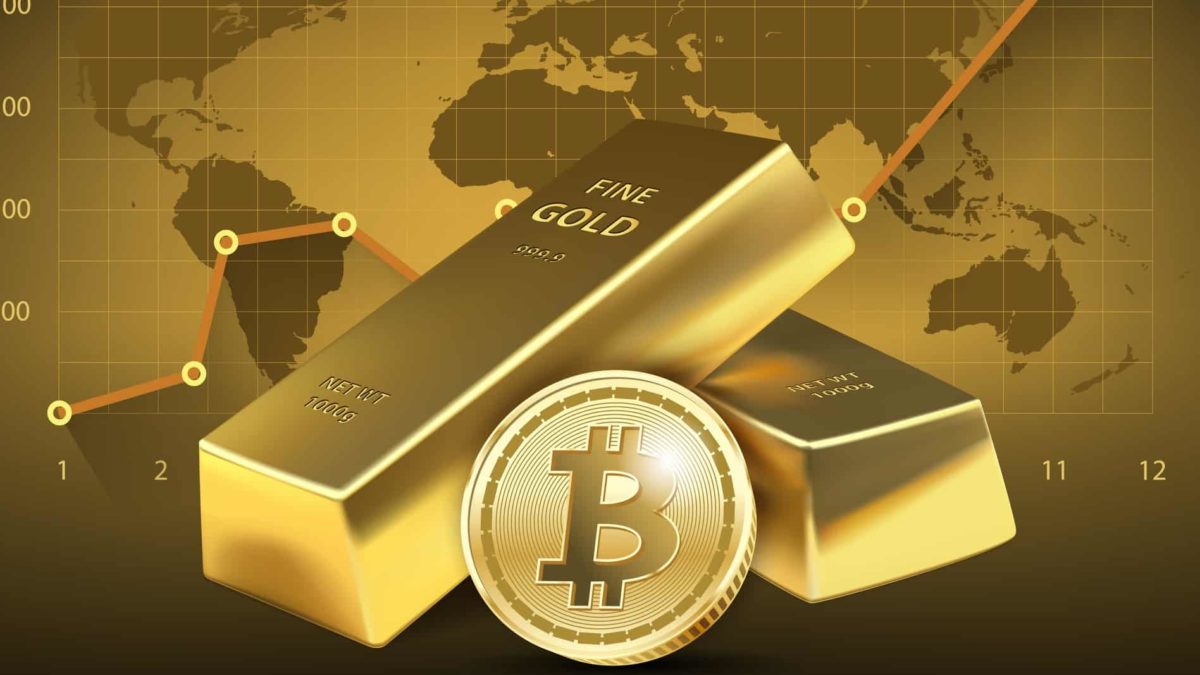Gold has always been an asset class that investors have flocked to in times of turmoil. Despite its 'unproductive' nature (gold is just a shiny metal at the end of the day), investors throughout history have always been attracted to gold as an investment.
It is widely believed to be a good hedge against inflation for one. Investors enjoy gold's scarcity and its past as a monetary base (the gold standard) for another, as well as the fact it has a globally consistent intrinsic value.
But in recent years, gold has had a growing rival: bitcoin. On the surface, you might not think that a metal and a digital cryptocurrency have too much in common. Indeed, bitcoin was dismissed by many (including investing legends like Warren Buffett) as being worthless when the bitcoin price collapsed after a bubble-like rally in late 2017.
But is being turned on its head in 2020. It's worth noting that bitcoin did not have a great start to the year. It collapsed more than 50% in value during the sharemarket crash in March, going from more than US$10,000 a coin in mid-February to under US$5,000 by late March.
Fast forward to today, and bitcoin is trading for more than US$17,000 a coin at the time of writing. Earlier this week, it hit more than US$19,000, the first time it has done so in 3 years. That peak puts it up more than 140% year to date.
Gold vs. bitcoin
According to reporting in the Australian Financial Review (AFR) this week, the factors fuelling demand for bitcoin and cryptocurrencies have been "demand for risk-on assets amid unprecedented fiscal and monetary stimulus, hunger for assets perceived as resistant to inflation, and expectations that cryptocurrencies would win mainstream acceptance".
On the latter point, the AFR also notes that:
The bitcoin market now boasts a functioning derivatives market and custody services by established financial institutions. Large firms including Fidelity Investments and Japan's Nomura Holdings have started safeguarding bitcoins and other cryptocurrencies for institutional investors.
Does all this sound familiar? Well, it should, because those are the kinds of reasons that investors buy gold, as we discussed earlier. So are gold and bitcoin two halves of the same, er, coin?
Well, although the two assets have a similar appeal (scarcity, an absence of government control, inflation hedging properties), they aren't exactly correlated in an absolute sense. A case in point: over the past month, bitcoin has risen approximately 24% in value. Over the same month, gold has fallen roughly 4.6% from US$1,900 an ounce to US$1,812.
It appears a 'safe haven' means different things to different investors after all.









